Markpol General Dealers
Online Store & Catalogue
The Pulmogain Spirometer is a compact and easy-to-use device designed for measuring respiratory function and helping patients improve lung capacity, often used in clinical, therapeutic, and home settings. Known for its user-friendly design, Pulmogain is particularly popular for respiratory therapy and rehabilitation, as it provides patients with immediate feedback on their lung performance and helps them practice breathing exercises.
Key Features:
- Inspiratory Muscle Trainer: Unlike diagnostic spirometers, Pulmogain is often used as an incentive spirometer, encouraging patients to take deep breaths, strengthening respiratory muscles, and improving lung capacity.
- Real-Time Feedback: Provides visual indicators that show lung capacity and encourage users to reach specific breathing goals.
- Portable and Lightweight: Compact design makes it easy to carry and use at home or in clinical settings.
- Reusable and Easy to Clean: Typically made with materials that allow for easy disassembly and cleaning, ensuring hygienic use over time.
Specifications:
- Measurement Parameters: Measures inspiratory volume, allowing patients to see how deeply they can breathe in, typically displayed in milliliters.
- Display Type: Often has a visual gauge or series of indicators to show achieved lung capacity and inspire progress.
- Size and Portability: Designed to be handheld, with a lightweight structure that’s easy to manage for patients of all ages.
- Material: Made from durable, medical-grade plastic for long-lasting use and easy maintenance.
Importance:
- Lung Rehabilitation: Essential for patients recovering from surgery or illness (such as pneumonia or COVID-19), helping them regain respiratory function and improve lung capacity.
- Encourages Deep Breathing: Beneficial for those with respiratory conditions like COPD or asthma, as it encourages controlled, deep breathing to enhance lung function.
- Self-Monitoring Tool: Helps patients track their progress over time, motivating adherence to respiratory therapy.
Applications:
- Post-Operative Recovery: Often used in hospitals for patients recovering from surgery to prevent postoperative complications like atelectasis by encouraging deep breathing.
- Home Respiratory Therapy: Suitable for patients managing chronic respiratory conditions or needing lung-strengthening exercises at home.
- Pediatric and Geriatric Care: Can be beneficial for both children and older adults who may require additional support to maintain or improve lung function.
Additional information
| Weight | 0.5 kg |
|---|

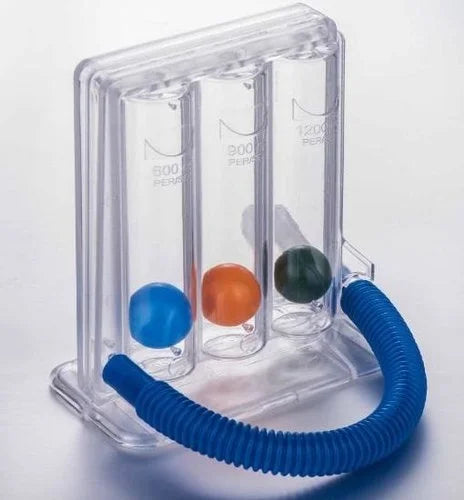
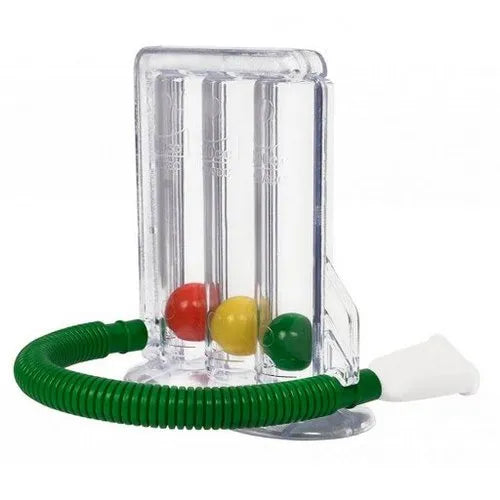
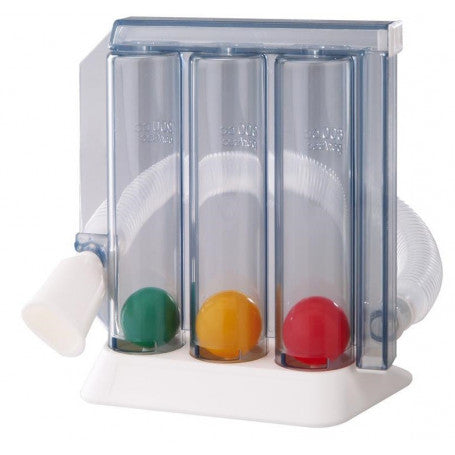
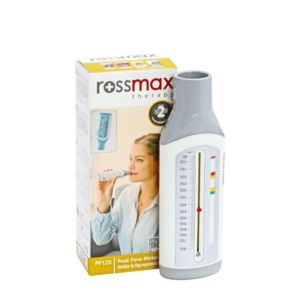
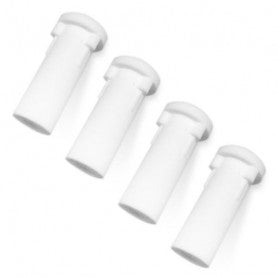


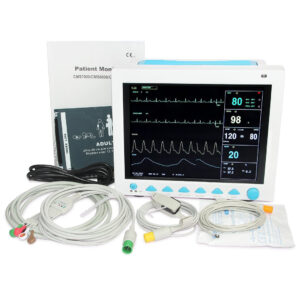
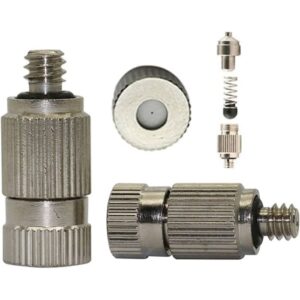
Reviews
There are no reviews yet.